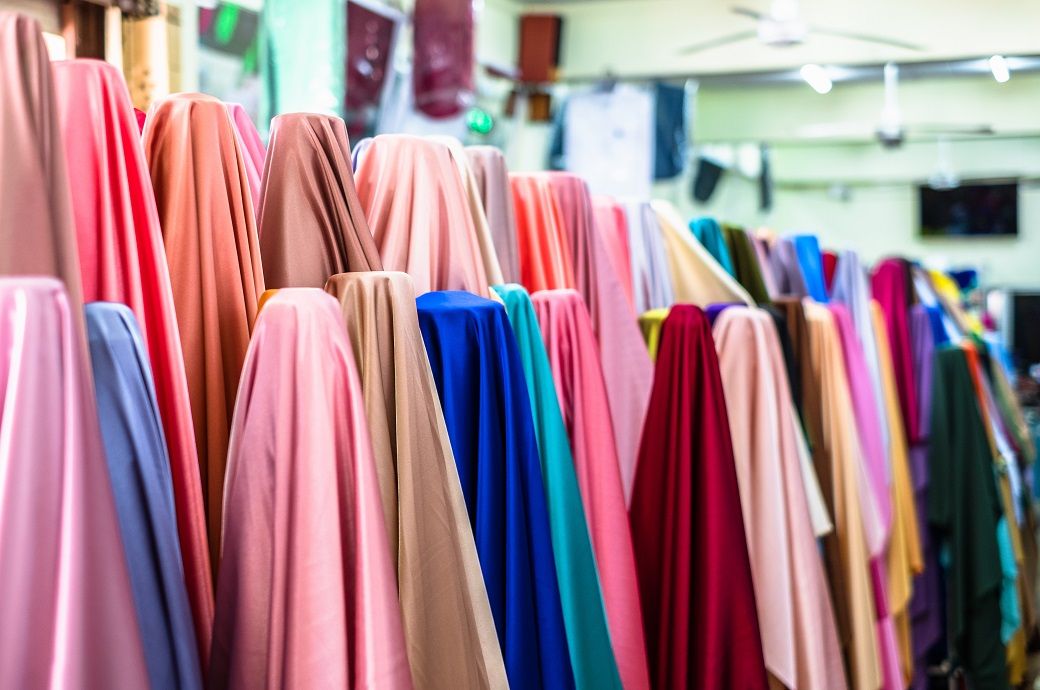
Major retailers sourced 371 million more units of clothing items from local manufacturers—a 51-per cent increase on the baseline of units bought locally, Patel told a meeting in Cape Town with heads of large retailers and manufacturers as well as representatives from labour unions and the government.
The sector now employs more than 500,000 workers, including 250,000 in manufacturing and over 280,000 in retail.
“The volume of clothing imported from China has dropped in major clothing categories, and the value of the clothing imported increased, showing success in the fight against under-invoicing,” he told a media briefing after the meeting.
“Over this period, we’ve been able to take an industry which had been decimated by imports and low investment, and stabilise it through the collaboration and partnership which the master plan has provided. These efforts have built a platform which has led, in just a short time, to increased local procurement; increased manufacturing employment; and better administration of imports at the country’s ports of entry,” Patel was quoted as saying by state-controlled news agency.
Looking forward, the country needs to strengthen domestic footwear production, identify additional clothing products for domestic manufacturing, raise visibility of South Africa-made products in retail stores, and address the challenge from certain non-South Africa online platforms that uses tariff loopholes, he added.
Fibre2Fashion News Desk (DS)